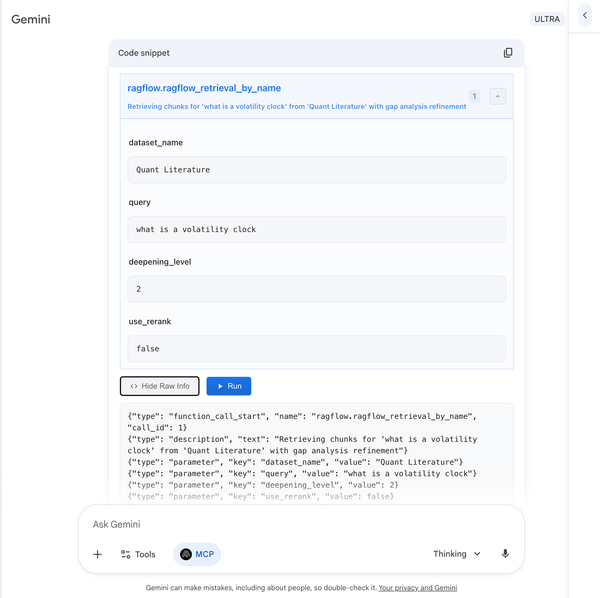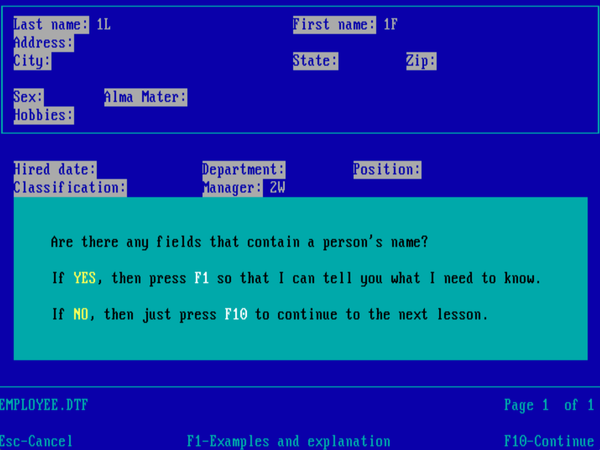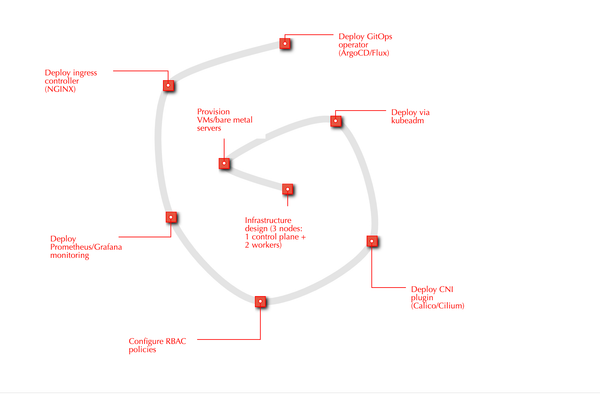US big tech mass layoffs are a concern in the tech community. Tens of thousands of jobs get cut. Not due to post-COVID corrective effects. "AI".
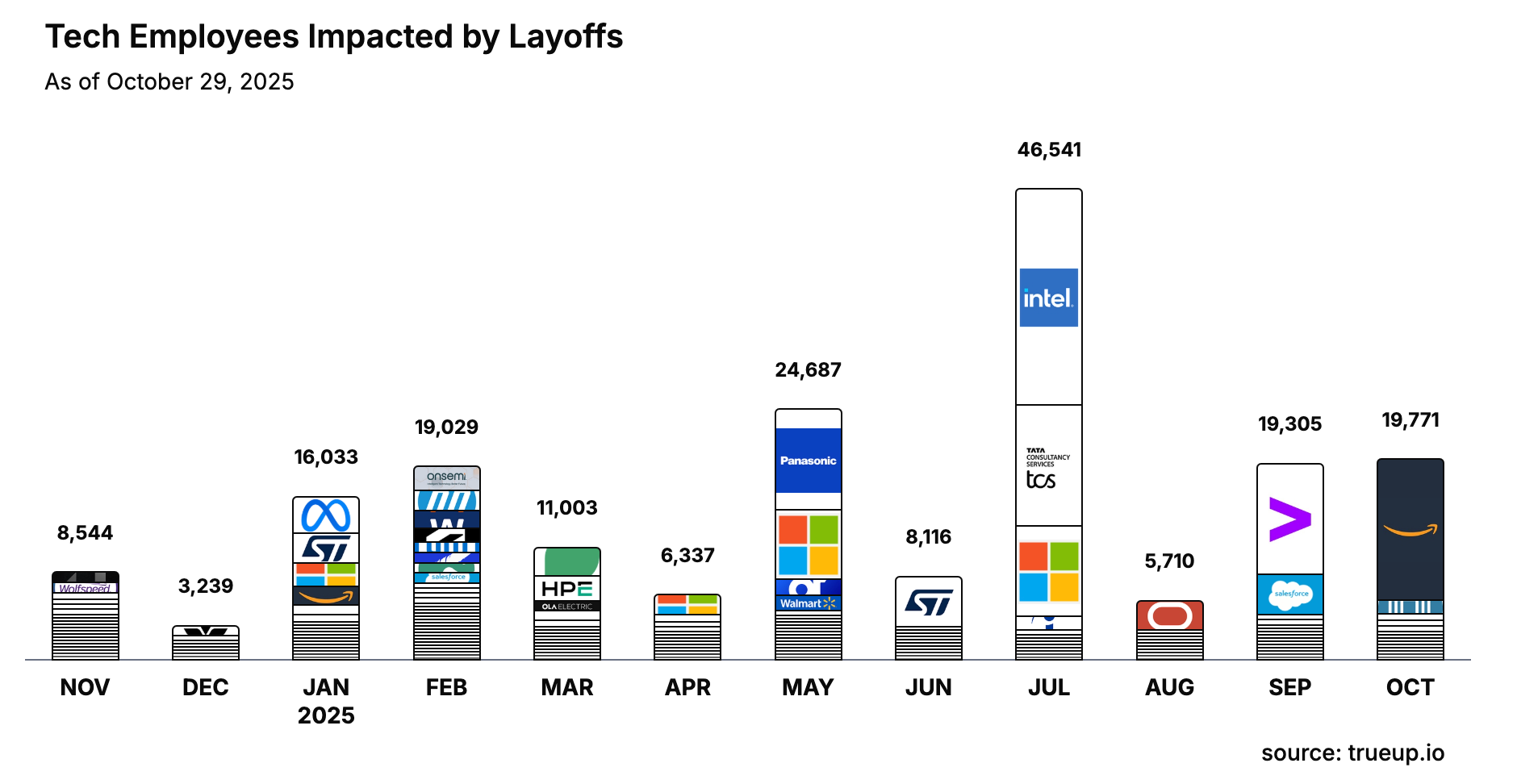
Let's not beat around the bush. McKinsey (which used 100B OpenAI tokens) came to the following estimate (source):
Software engineering productivity gains: estimated +20–45% of current annual spend when "copilots" (agents) are fully embedded
About 75 percent of the value that generative AI use cases could deliver falls across four areas:
Customer operations,
marketing and sales,
software engineering,
and R&D.
But at the same time they also come to another conclusion:
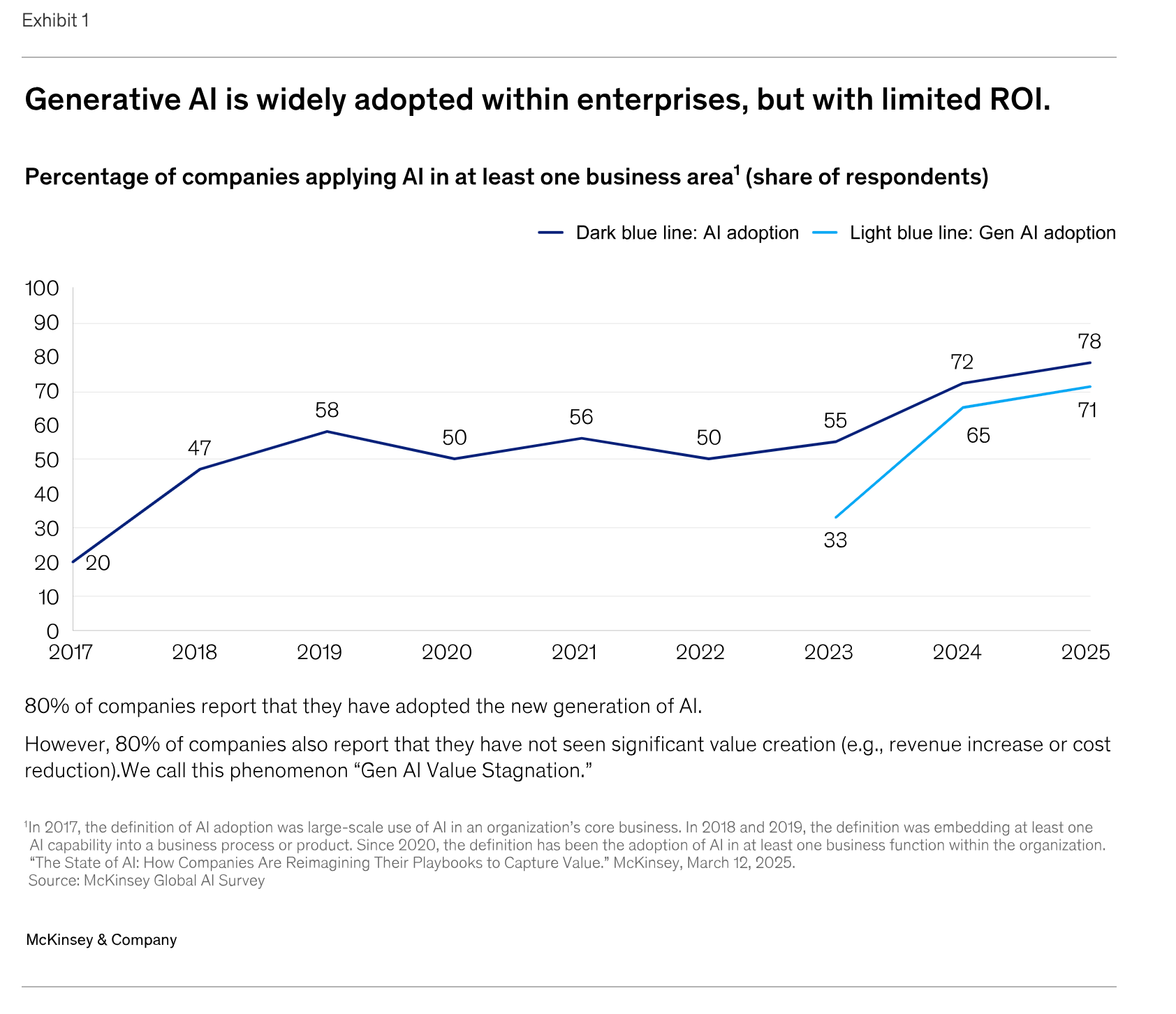
- 80% of the companies don't see a significant value-add from GenAI
- Big tech mass layoffs (often due to AI efficiency gains (Reuters 2025))
That leaves us with two conclusions:
- Mag 7 and US tech organizations are capable of getting value out of GenAI. For example, Microsoft claims 30% of its code is GenAI made (CNBC 2025)
- We are not looking at post-pandemic corrections but at an investment shift from high incomes to silicon. Google produced income-millionaires in its early stages in the mid-2000s. - Golden era gone?
Blast from the past
When I started in software development, I had to develop 3 key skills:
- Visual Studio / C++
- Oracle DB
- Jenkins and MSBuild
This level of software engineering can be supported by GenAI, but "AI" is not really there. At that level of dev.
Database Management or CI / CD have in common that you need to understand stateful systems. GenAI is bad at it because it cannot reason about state transitions (due to limits in the design of Transformer Network architectures). That doesn't mean that there is no way; it just means today, in Q4 2025, we are not there. AI breaks data systems. AI breaks deployments. And it causes damage here.
However, in general, software development has become much easier. Debugging memory leaks with horror tools like IBM Jazz isn't common anymore. Or debugging large C++ projects with WinDBG. Writing Python or JavaScript code is comparatively easy. And that's why it can get automated. Because it's so much easier.
GenAI has a different value proposition than automating large-scale software engineering: it allows horizontal applications of software development across different functions and domains. Finance, legal, medical, or other kinds of professionals can leverage Python (easy level software dev). That's new. They will not use C++, Oracle DB or Jenkins. Of course not.
The future belongs to multi-capable individuals. Who know software and finance. IT and law. Tech and medicine.
How to become a multi
- check out MBA programs (in the EU this is affordable)
- develop X-functional expertise and empathy
- understand the respective processes
- use every GenAI tool you can
- know what you are talking about here
- make new things (!)
- experience counts
AI is not a bubble. The companies can afford billion-dollar investments. This is not a DotCom 2.0. There is value-add, there are real incomes, and there are profits.
But it's also harsh: many ventures will die, many large companies will shrink, and mistakes will be made. It's a generational shift from handmade tech to inferred systems, and from specified systems to flexible applications.
In my opinion, these jobs are not future-proof enough:
- JavaScript, XYZ developer
- Business jobs like HR file manager, Risk Manager, Project Manager, and so on. Office-heavy work. Of course, these are only job titles. Commonly I would associate paper-focused workflows with these jobs, something process heavy.
- Email Newsletter Manager
- Copywriter
- Arts jobs (sadly)
Which new jobs get created:
- Financial Engineer
- Legal Tech
- ...
AI means fewer jobs. Because the transition is deflationary in labor terms before it’s expansionary in productivity terms. In other words:
Companies cut costs first; new growth paths appear later.
Generative AI could increase labor-productivity growth by 0.1 – 0.6 % per year … but that will require investments to support workers as they shift work activities or change jobs.
McKinsey’s language is careful about this. This is a macroeconomic number; it's NOT low.
AI technology raises total economic output if society reinvests the freed-up labor in new tasks. Without that reinvestment, the immediate picture looks like layoffs and flat demand.
Societies MUST make new things. Learning how venture capital works is essential now. Understanding how credits are assessed and how finances are managed. In the EU zone you will not see spikes in founding activity. But incubations. In combination with an aging population, you will also see lots of M&A where SMBs get merged. The consolidation effects will start in 2026 in the EU zone.
For the transition effect, you will see that X-functional finance and AI tech understanding will be in high demand. The world is turning. Ride along.



